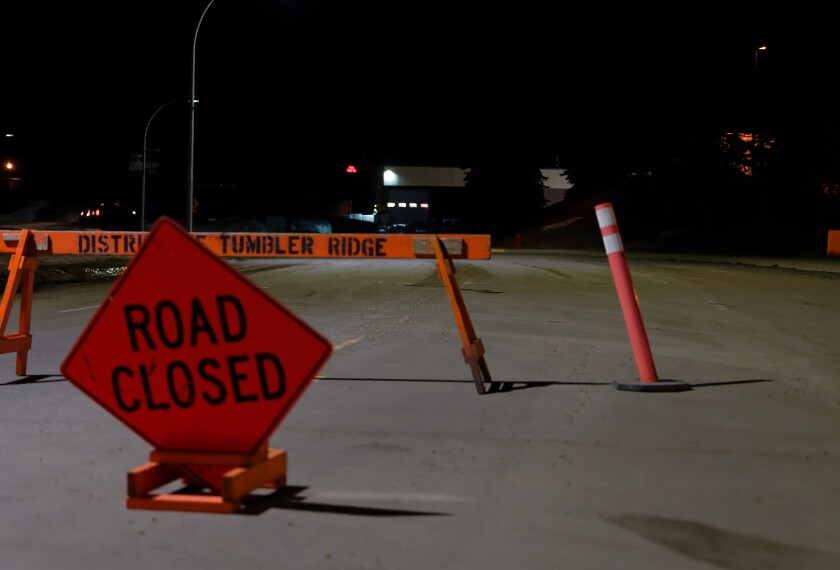As school districts grapple with the logistical details of resuming in-person instruction following a pandemic-ravaged school year, it’s becoming disturbingly apparent that they’ll have to engineer the reboot of the one ahead without much in the way of federal-level guidance. The mandate is simply: Reopen—or else.
Except for President Donald Trump’s recent proclamation, “We’re very much going to put pressure on the governors and the schools to reopen,” and U.S Department of Education Secretary Betsy DeVos’ steadfast insistence that “kids have got to get back to school” without offering any particulars as to precisely how, education policymakers on the state and local levels are presumably expected to figure out the specifics on their own.
Stated less diplomatically, the message teachers are getting from on high is: “Even though fully reopening schools while COVID-19 numbers are spiking is dangerous and unrealistic, just make it happen.”
As a recently retired public high school teacher, nothing about this delusional disconnect surprises me in the least. Indeed, during my 30 years in the classroom, federal and state policy mandates were too often misaligned with actual circumstances. It was commonplace for those policies to direct my colleagues and me to somehow defy basic principles of logic.
It was commonplace for those policies to direct my colleagues and me to somehow defy basic principles of logic."
Permit me to provide just a few examples from personal experience:
Teachers today are simultaneously expected to increase rigor while also differentiating and simplifying instruction so that learning is easy, nobody fails, and mastery is attainable by all. By any objective standard, those goals contradict each other, regardless of how much pressure comes from some chief executive’s bully pulpit or cabinet-level policy dictate.
Similarly, high school teachers in many states are tasked with making every lesson real-world relevant even though the year-end state exam on which both teachers and students will be evaluated emphasizes boring, irrelevant, and esoteric content. It’s simply not possible to consistently meet both of these requirements. Period.
From having to prevent physical altercations while also being forbidden from ever putting your hands on students to being told you must magically patrol your classroom, the halls, and student restrooms all at the same time, to being assigned a disproportionate share of accountability without any real authority or autonomy, the list of seemingly impossible job requirements for teachers has always been extensive. Have we forgotten that teacher morale and retention weren’t exactly at high levels before the COVID-19 crisis?
Still, none of these examples comes even close to the utter absurdity of forcing teachers, or anyone—including students, parents, staff, administrators, cabinet members, presidents, and, by extension, all others with whom they interact—back into a setting that actual medical experts say carries the “highest risk” for the spread of coronavirus.
During my three decades as a teacher, I also came to understand that the job is mostly denigrated and largely misunderstood by those outside of it. I got used to recognizing the subtext of what the public wanted from educators:
“If teachers really cared about kids, they’d disband their unions, happily consent to be at-will employees with zero job security (in a profession rife with politics and nepotism), work for less, acquiesce to every flavor of the moment reform, accept total blame for school underperformance, and allow themselves to be political punching bags.”
But, even when I was at my most jaded and hyperdefensive, I never expected even the most virulent anti-teacher, outside-the-classroom elements to quite literally say:
“If teachers really cared about kids, they’d cheerfully return to in-person, conventional instruction during a pandemic without a vaccine or proven treatment.”
Yet, here we are.
Just when you thought teacher dignity and morale couldn’t get any lower, it would appear the very real prospect of martyrdom has now become a job requirement for those who do the actual heavy lifting in the pedagogical trenches. Meanwhile, the power brokers who will never have to enforce mask wearing for children, coordinate social distancing (or, really, the illusion of it), or go anywhere near an actual classroom are presenting themselves as the real heroes for kids.
In the final analysis, perhaps that’s the most egregious insult of all.





